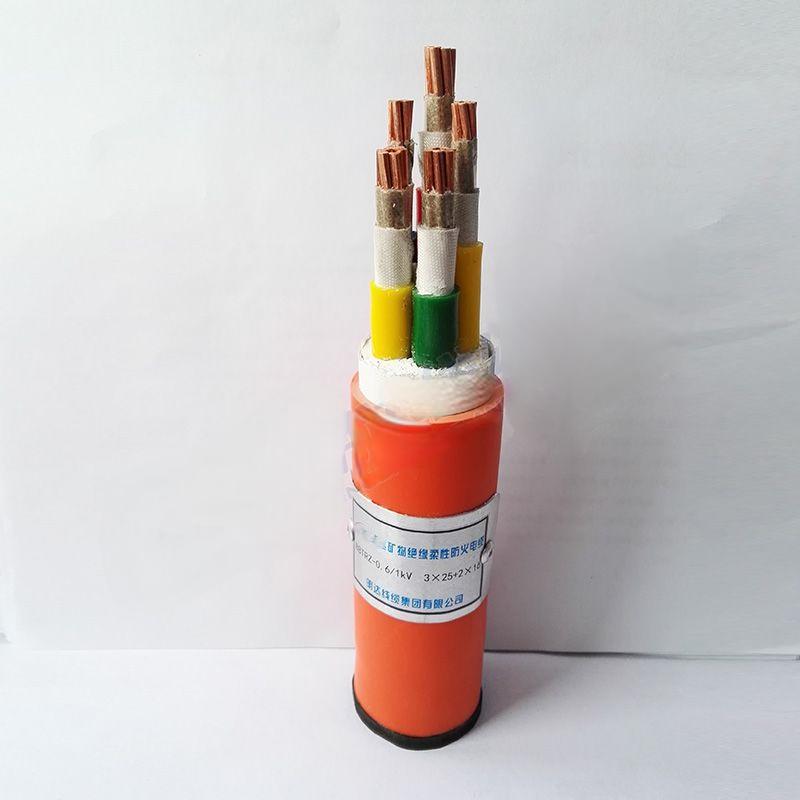8 月 . 28, 2024 19:52 Back to list
ss ball valve
Understanding SS Ball Valves The Essential Component in Fluid Control
In the world of fluid control systems, stainless steel (SS) ball valves play a pivotal role due to their durability, reliability, and efficiency. A ball valve is a type of quarter-turn valve that uses a hollow, perforated, and pivoting ball to control the flow of liquids or gases in a pipeline. This mechanism is simple yet effective, making ball valves a popular choice in various industries, including oil and gas, water treatment, food processing, and chemical manufacturing.
What Makes Stainless Steel Ball Valves Stand Out?
Stainless steel is the preferred material for manufacturing ball valves due to its resistance to corrosion and rust. This is particularly important in industries where the valves are exposed to harsh environmental conditions or corrosive substances. SS ball valves can withstand high pressures and temperatures, making them suitable for a wide range of applications. Their robust design ensures a long service life, reducing the need for frequent replacements and maintenance.
Advantages of SS Ball Valves
1. Durability The stainless steel construction provides excellent strength and durability, allowing these valves to perform well over extended periods, even in challenging conditions.
2. Minimal Flow Resistance The spherical design of the ball inside the valve allows for a smooth flow path. When fully opened, ball valves provide minimal resistance, thereby reducing pressure drop and enhancing overall system efficiency.
3. Ease of Operation SS ball valves are easy to operate due to their simple quarter-turn mechanism. This allows for quick opening and closing actions, which is particularly beneficial in systems that require rapid flow regulation.
ss ball valve

4. Leak Resistance With proper sealing arrangements, stainless steel ball valves exhibit excellent leak-proof performance. This feature is crucial in preventing contamination and ensuring safety in fluid handling.
5. Versatility These valves can be used for various fluids, including water, oil, gases, and even some corrosive chemicals. Their versatility makes them an ideal choice for numerous applications.
Applications in Various Industries
SS ball valves are widely used across different sectors. In the oil and gas industry, they are employed for controlling the flow of hydrocarbons and other high-pressure fluids. In water treatment plants, they help regulate the flow of treated water efficiently. The food and beverage industry benefits from their hygienic properties, ensuring that products remain uncontaminated during processing.
Furthermore, in chemical processing, these valves are critical for safely managing the flow of reactive and corrosive substances. Their ability to withstand extreme conditions while maintaining reliable performance makes them indispensable in many technical processes.
Conclusion
In conclusion, stainless steel (SS) ball valves are a vital component in many industrial processes, offering durability, efficiency, and ease of use. Their ability to operate effectively in harsh environments and with various fluids makes them a go-to choice for engineers and technicians alike. As industries continue to evolve, the demand for high-quality fluid control solutions will undoubtedly sustain the relevance of SS ball valves in the years to come. Investing in these reliable components can enhance the performance and longevity of fluid control systems, ensuring that operations run smoothly and efficiently.
Share
-
Understanding the Differences Between Wafer Type Butterfly Valve and Lugged Butterfly ValveNewsOct.25,2024
-
The Efficiency of Wafer Type Butterfly Valve and Lugged Butterfly ValveNewsOct.25,2024
-
The Ultimate Guide to Industrial Swing Check Valve: Performance, Installation, and MaintenanceNewsOct.25,2024
-
Superior Performance with Industrial Swing Check Valve: The Essential Valve for Any SystemNewsOct.25,2024
-
Industrial Swing Check Valve: The Ideal Solution for Flow ControlNewsOct.25,2024
-
You Need to Know About Industrial Swing Check Valve: Functionality, Scope, and PerformanceNewsOct.25,2024